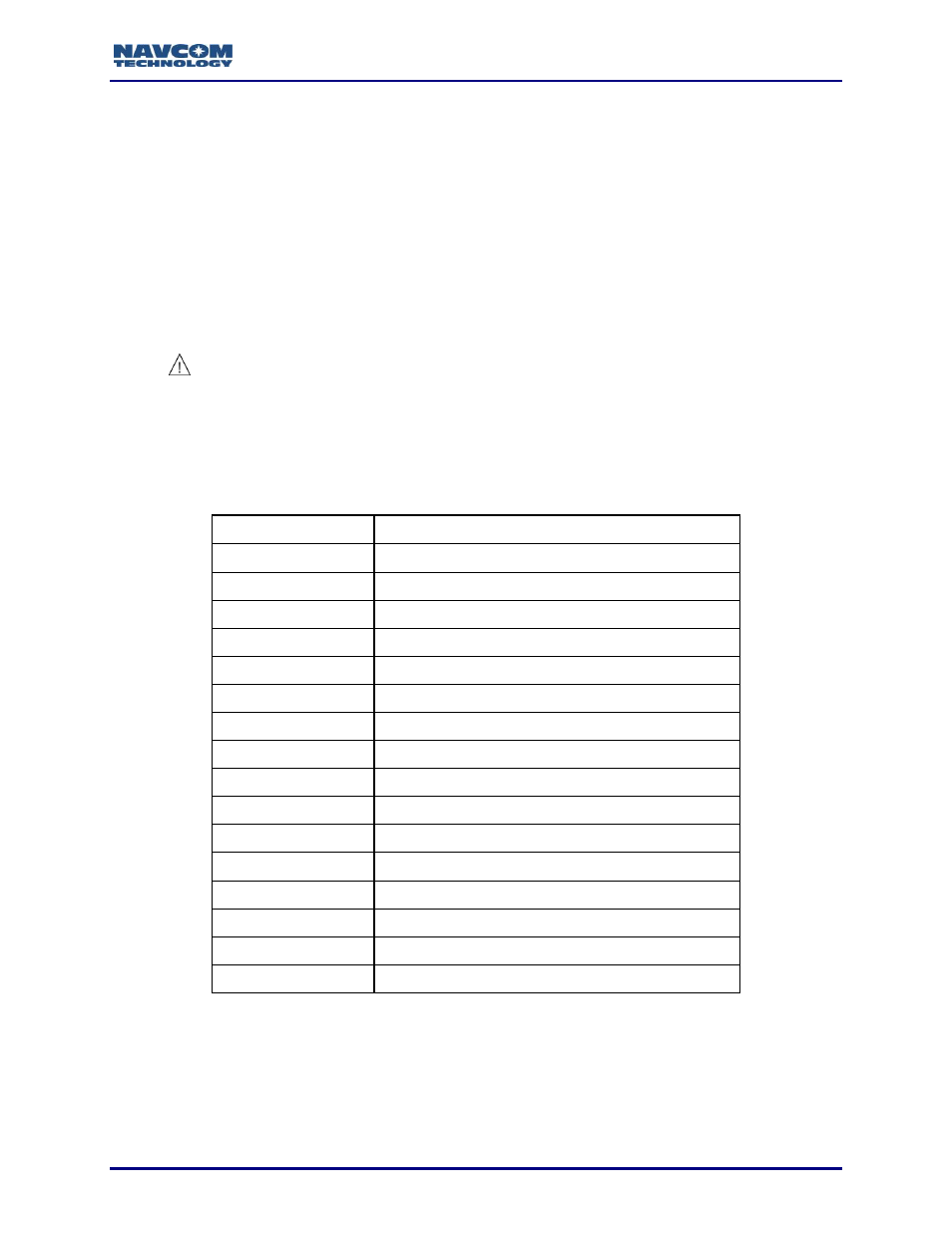Table 74: output command port mnemonics – NavCom Sapphire Rev.J User Manual
Page 179

Sapphire Technical Reference Manual Rev. J
179
An example of data that would likely be scheduled ONCHANGE is GPS satellite
ephemeris data. Ephemeris data normally change every two hours but are received
from the satellites every 30 seconds.
EPHEM1B is a special case message. It can be output for the entire list of satellites
(tracked or not) or specified for a specific satellite. These two special cases are
typically used at base station startup or hub software startup in a network solution.
The ability to poll the receiver
for a specific PRN’s ephemeris allows the network to
easily recover from data outages that might occur on an Ethernet link, for example.
The third (and normal usage) case is to schedule EPHEM1B “Onchange.” In this
mode, the receiver unpacks and passes on satellite ephemerides as they are
received from the satellite (the normal, ongoing operational condition).
When incorporated into an end-user program, do not poll the receiver for the
complete EPHEM1B list more than once every 60 seconds.
End-user programs
can request the entire EPHEM1B list “Once” and immediately
follow this command with “Onchange.”
Table 74: Output Command Port Mnemonics
Keyword Mnemonic
Data Port
1
RS232 Serial port 1 (COM1)
2
RS232/RS422 Serial port 2 (COM2)
3
Sapphire board only
4
Sapphire board only
5
RS232 serial port 5 (Sapphire)
6
RS232 serial port 6 (Sapphire)
BT
Bluetooth
USB1
USB port 1
USB2
USB port 2 (not yet available)
FH1
Internal 2GB SD flash memory
FH2
USB flash drive 2 (SF-3050)
ETH1
Ethernet port 1 (SF-3050)
ETH2
Ethernet port 2 (SF-3050)
ETH3
Ethernet port 3 (SF-3050)
ETH4
Ethernet port 4 (SF-3050)
RADIO
PIO radio port (SF-3040)
Examples: [OUTPUT] PVT1B,ONTIME,1,1
Outputs PVT1B messages every second on port 1
[OUTPUT] PVT1B,,2,1
Command rejected. Timing argument is required when interval is set